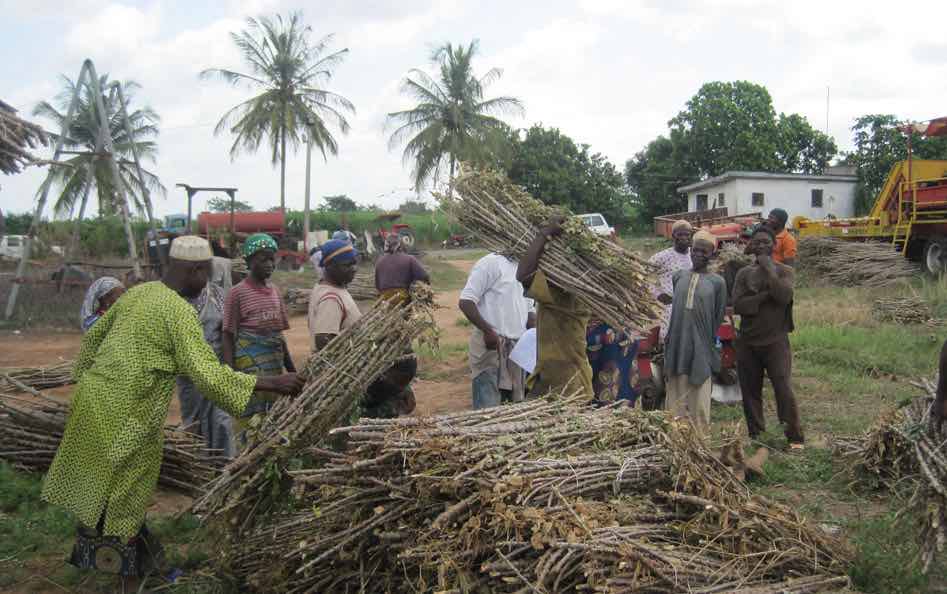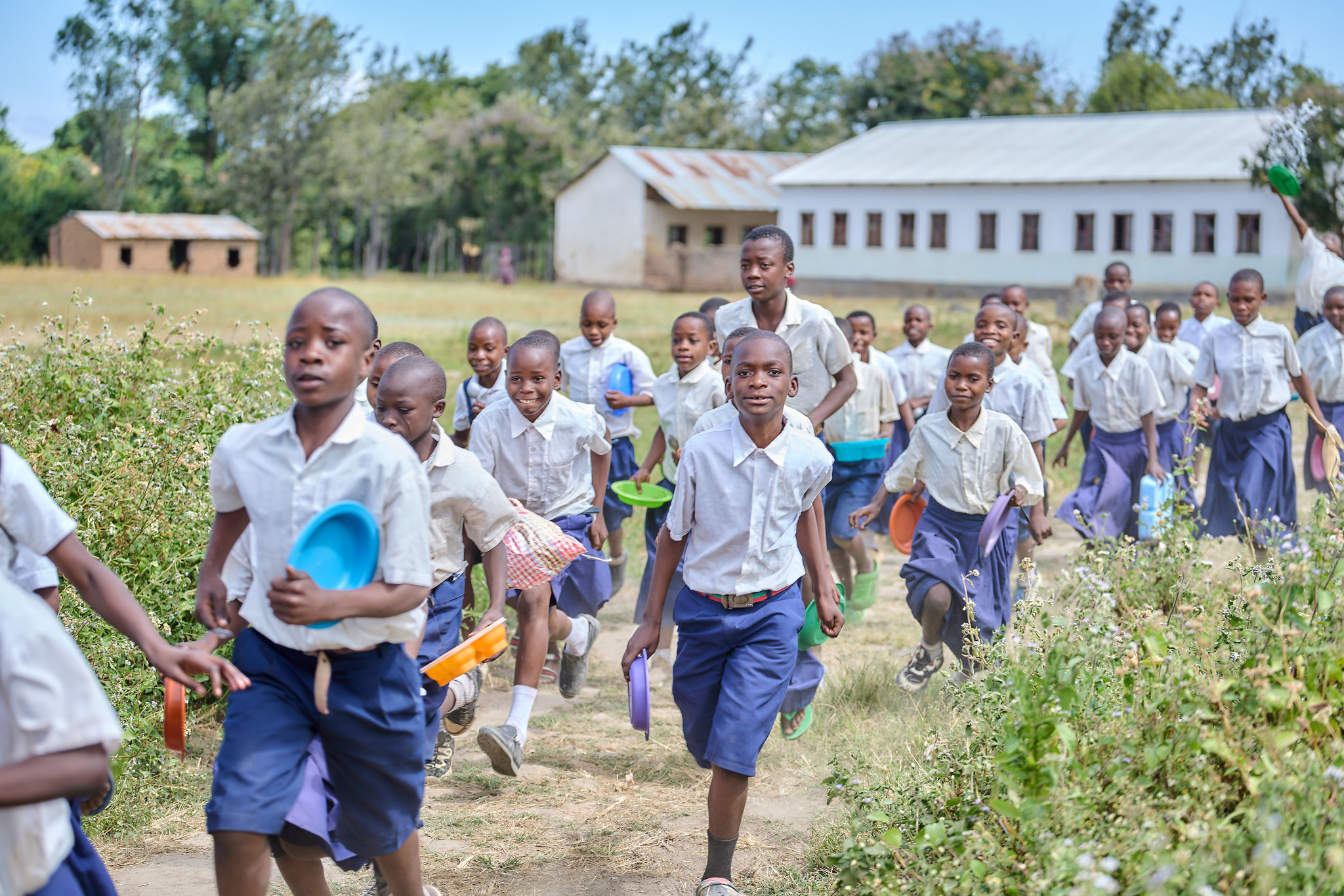Agricultural extension services play a crucial role in supporting 570 million small-scale farmers worldwide, contributing to food security and rural development through the dissemination of technical advice and best practices. These vital services, however, often face significant challenges, including weak institutional capacity, inadequate reach, and limited access to up-to-date scientific knowledge. Language is also a significant barrier. Advisories provided only in the world’s predominant languages cannot easily be understood in many communities speaking regional or local languages and dialects. Many information and communication technologies have been piloted to address these systemic challenges, such as videos, texting/short message services, and interactive voice response services. And, what about artificial intelligence (AI) chatbots?
A recent study published in Nature Food explores the potential of generative artificial intelligence technologies—specifically chatbots powered by large language models (LLMs)—as a human-machine interface to facilitate agricultural extension services. Using ChatGPT as an exemplar LLM-based application, we particularly focused on two aspects where LLMs can be transformative:
- Making science simple: Farmers or extension agents are not typically trained to find scientific knowledge, and even if they do search for it, they may not have time and background to read through lengthy, technical reports. LLMs can be tasked to find the most relevant knowledge products, analyze them, and distill key points, which then can be presented in an accessible (and translated) language that is easier to understand and apply in practice.
- Making advisories personal: Most agricultural extension services provide a standardized package of advisories pre-developed for crop and agricultural zones. However, those may not apply to many of the unique and complex challenges smallholders face. With larger training datasets and scalable computational capacities, LLMs can be used to assess farmers’ specific challenges and generate data-driven, personalized recommendations.
Exciting potential, right? However, our real-life testing in Nigeria has shown that there are still critical challenges and shortcomings to consider. When asked to generate recommendations for cassava farmers to control weeds, for example, the LLM-generated responses were either too generic (e.g., not mentioning best practices for specific crop growth stages) or not practicable for smallholders with limited resources (e.g., recommending materials farmers might not be able to afford). They are not technically inaccurate, but not particularly helpful. We imagined farmers would have expected more insightful and actionable responses from the almighty AI.
To address these issues, we discussed the critical need for a collaborative approach that involves 1) looping in human experts in both AI technology and small-scale farming to ensure the safe, responsible, and effective use of LLM-assisted advisories for smallholders; 2) making agricultural data and local knowledge findable, accessible, interoperable, and reusable; 3) employing user-centered design approaches to tailor digital advisory services to the unique needs and contexts of farmers; and 4) improving digital literacy among farmers and extension agents to ensure inclusive access and understanding of the limitations of LLMs.
We will likely see many exciting pilots that integrate LLMs in agricultural extension services to enhance support for small-scale farmers in multiple ways—very soon. Yet, our quick experiment highlighted the need for a long (or short?) way to go. Collaborative efforts involving AI experts, agricultural professionals, and farmers will be essential to address the technology’s current limitations and achieve meaningful impacts in agriculture, especially in low and middle-income countries.
Jawoo Koo is a Senior Research Fellow with IFPRI’s Natural Resources and Resilience Unit and leads the CGIAR Research Initiative on Digital Innovation; Medha Devare is a Senior Scientist with the International Institute of Tropical Agriculture (IITA) and leads data and analytics for the CGIAR Excellence in Agronomy Initiative; Brian King is Head of the CGIAR Digital and Data Innovation Accelerator. Referenced research is peer reviewed.
This work was supported by a grant from Templeton World Charity Foundation and CGIAR’s Excellence in Agronomy Initiative and the Digital Innovation Initiative, largely funded by the Bill & Melinda Gates Foundation. The opinions expressed in this publication are those of the author(s) and do not necessarily reflect the views of Templeton World Charity Foundation.
Referenced paper:
Tzachor, A., Devare, M., Richards, C. et al. Large language models and agricultural extension services. Nat Food 4, 941–948 (2023). https://doi.org/10.1038/s43016-023-00867-x







